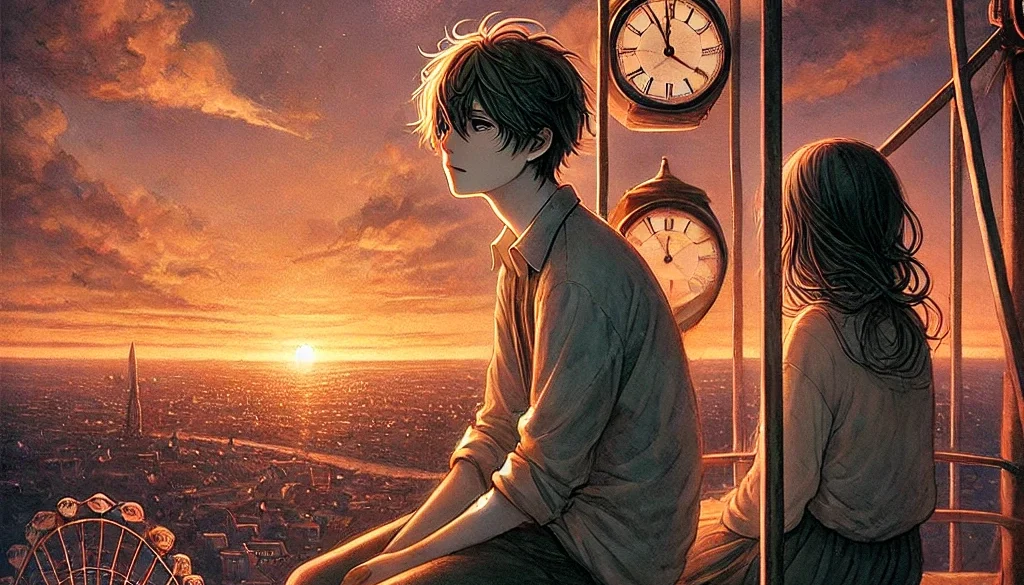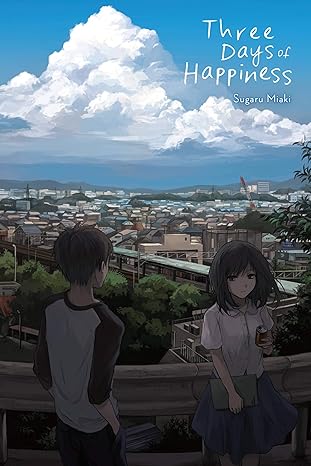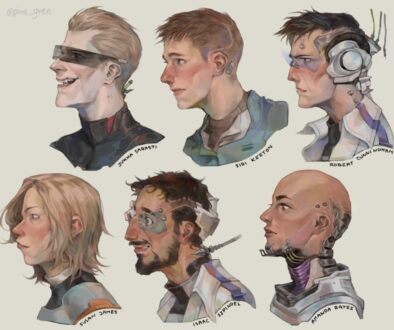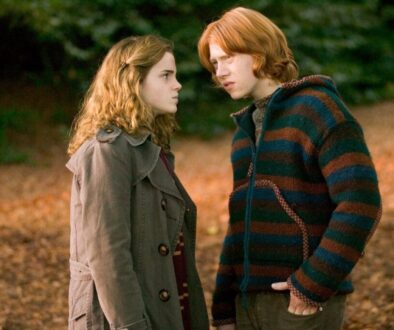Three Days of Happiness: The Beauty of Fleeting Time
What Would You Trade for Happiness?
Time is a currency we spend without thought, without hesitation. But what if you could cash it in? What if every year of your life had a price tag, and you had to decide what it was worth? Three Days of Happiness by Sugaru Miaki is a story about that choice, about the weight of time, and about how happiness isn’t something you can buy, but something you borrow, fleetingly, before it’s gone.
This novel isn’t just about dying—it’s about living. And the cruelest part? It makes you feel every second of it slipping through your fingers.
Hey guys, this is Reaper again. And today we’re diving into one of my favorite Japanese novels.
Plot Summary: The Price of a Life
Kusunoki is 20 years old, and his life is going nowhere. He’s broke, lonely, and carrying the bitter realization that his childhood dreams have disintegrated into nothing. Desperate, he visits a store that claims to buy remaining lifespans. The verdict? His life is worth a measly 30,000 yen—about 300 dollars. The realization crushes him: his existence has meant so little that his remaining decades are practically worthless.
So, he does the only thing that makes sense—he sells almost all of it, keeping just three months to live. With this decision, he is assigned a monitor, a quiet and mysterious woman named Miyagi, who is meant to ensure he doesn’t spiral into chaos before his time runs out.
What follows is a journey of rediscovering the meaning of happiness—not in grand gestures or life-changing moments, but in the quiet, almost invisible ways we leave traces of ourselves in others.
Themes: The Tragedy of Temporary Joy
1. The Value of a Life
What determines the worth of a life? Kusunoki’s assessment of his own value is shaped by his failures, by his loneliness, by the years he spent aimless and lost. But what the novel slowly unfolds is that our worth isn’t a number—it’s measured in the small, unspoken moments we share with others.
2. The Cruelty of Time
Time doesn’t care about us. It moves, indifferent, forward, dragging us with it. Three Days of Happiness reminds us that we are all on a countdown, whether we realize it or not. The novel forces its readers to ask: if you only had three months left, how would you spend them?
3. Love in the Face of Mortality
Love in this novel is not epic. It is not a sweeping romance that defies death. Instead, it is fragile, fleeting, and perhaps even crueler because of its transience. Kusunoki and Miyagi form a connection, but the tragedy is in knowing that their time together is slipping away before they’ve even had a chance to hold onto it.
Memorable Scenes: The Moments That Linger
1. The Library Scene
A quiet moment between Kusunoki and Miyagi, surrounded by books filled with lifetimes of stories. It’s one of the first times Kusunoki feels truly seen, where silence isn’t empty but comforting. The irony? He’s running out of time to read them all.
2. The Ferris Wheel Ride
A simple ride, a moment of shared peace. The city spreads out below them, vast and endless, while their time is shrinking. It’s a moment where happiness and sadness coexist, perfectly balanced.
3. The Last Sunrise
Kusunoki and Miyagi watch the sunrise, knowing it’s one of the last they will share. The weight of inevitability hangs over them, but in that moment, there is nothing but the golden light, the quiet air, and the feeling of existing in someone’s heart, even if just for a little while.
4. Miyagi’s Final Sacrifice
One of the most heartbreaking moments in the novel is when Miyagi makes her own decision—she sells the remainder of her life so she can stay with Kusunoki until the end. She, too, is given a final countdown—three days, mirroring Kusunoki’s own decision. In this fleeting time, they make the most of what little they have left, cherishing every moment in a way that feels both painfully real and tragically short. Her choice is not one of desperation, but of love—an acceptance that even fleeting happiness is worth more than a long, empty life. Kusunoki, for the first time, understands what it means to be truly loved, even if it is only for a moment.
Why It’s Beautiful, Even If It Hurts
There is something about this novel that stays with you, long after you’ve turned the last page. Maybe it’s the reminder that every second matters, even the ones that feel wasted. Maybe it’s the realization that happiness doesn’t come from a long life, but from a meaningful one. Or maybe it’s because Three Days of Happiness understands something we all feel but rarely put into words: the fear of being forgettable.
The Ending: A Whisper, Not a Shout
The final moments of Three Days of Happiness are not explosive, not grand. They are quiet, like the last breath of a song before it fades. Kusunoki’s story does not end with fireworks, but with the gentle understanding that his time—no matter how brief—meant something.
And isn’t that what we all want? To know that, even in the smallest ways, we were here. That we mattered. That our existence, fleeting as it is, left ripples in someone’s heart.
A Story That Lingers, Like a Faint Echo
Three Days of Happiness is not just a book you read—it’s a book that reads you back. It sees you. It knows the quiet fears you carry. And when you close it, you’ll find yourself staring at the clock, feeling every second pass, wondering how best to spend what little time you have.
So tell me: if you only had three months left, what would you do?
Would you sell your time for happiness? Let’s talk about it in the comments.
Discover more from Ge-erdy Verse
Subscribe to get the latest posts sent to your email.




